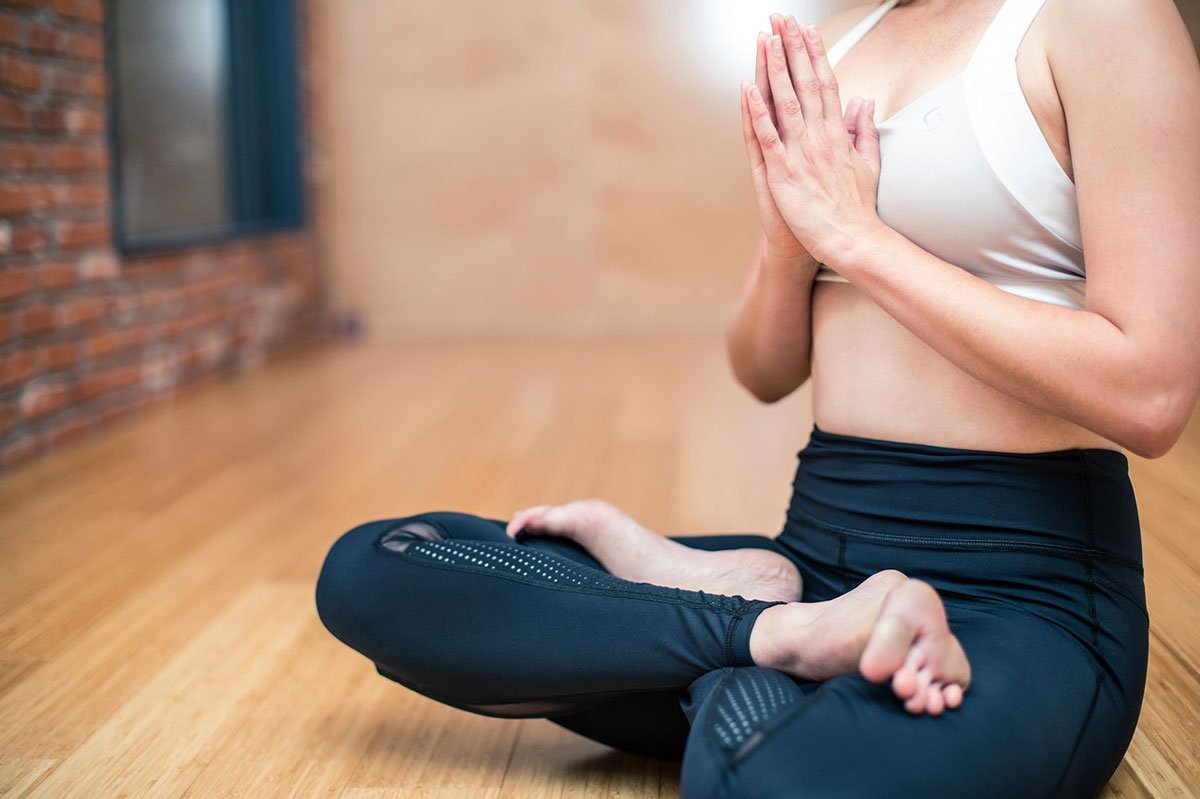Getting a good night’s sleep is crucial for our physical and mental health. It’s during this time that our bodies repair and recharge, helping us to feel refreshed and ready for the day ahead. Unfortunately, many of us struggle to fall asleep or stay asleep, which can lead to fatigue, irritability, and a host of other health problems. Fortunately, there are a variety of techniques that can help us get the sleep we need, including meditation.
Meditation is a simple and effective way to calm the mind, reduce stress, and promote relaxation, making it an ideal tool for improving sleep quality. In this blog, we’ll explore some meditation techniques that you can use to promote better sleep.
-
Mindful Breathing
One of the most common meditation techniques is mindful breathing. This involves focusing your attention on your breath and being aware of the sensations in your body as you inhale and exhale. To practice this technique, find a quiet, comfortable place to sit or lie down. Close your eyes and take a few deep, slow breaths. Then, shift your attention to your breath, focusing on the sensation of air moving in and out of your body. As thoughts or distractions arise, simply acknowledge them and then bring your attention back to your breath. Aim to practice this technique for 10-20 minutes before bedtime.
-
Body Scan
The body scan technique involves systematically focusing on each part of your body, from your toes to the top of your head, and being aware of any sensations or tension in each area. To practice this technique, find a comfortable place to lie down. Close your eyes and take a few deep breaths. Then, starting at your toes, bring your attention to each part of your body in turn, noticing any sensations or tension. As you become aware of tension, consciously relax that part of your body. Continue this process until you’ve scanned your entire body.
-
Visualization
Visualization is another powerful meditation technique that can help you relax and fall asleep more easily. To practice this technique, imagine a peaceful, calming scene in your mind. This could be a beach, a forest, or any other place that makes you feel calm and relaxed. Visualize yourself in this setting, taking in the sights, sounds, and smells. As you do so, allow your body to relax and release any tension.
-
Loving-Kindness Meditation
Loving-kindness meditation is a type of meditation that involves sending positive, loving thoughts to yourself and others. This technique can help reduce stress and promote feelings of calm and relaxation, which can in turn improve sleep quality. To practice this technique, find a comfortable place to sit or lie down. Close your eyes and take a few deep breaths. Then, bring to mind someone you love, and send them positive, loving thoughts. You might say something like, “May you be happy, may you be healthy, may you be safe, may you be at peace.” Repeat these phrases to yourself, imagining the person you’re thinking of surrounded by a warm, loving light. After a few minutes, shift your attention to yourself, sending yourself the same positive, loving thoughts.
-
Counting Meditation
Counting meditation is a simple technique that can help you relax and fall asleep more easily. To practice this technique, find a comfortable place to lie down. Close your eyes and take a few deep breaths. Then, begin counting each inhale and exhale. Count each inhale as one, and each exhale as two. Continue counting your breaths, up to ten, and then start over at one. If you lose count or become distracted, simply start again at one. Continue this process until you feel calm and relaxed.
Conclusion:
In conclusion, meditation is a powerful tool for improving sleep quality and overall well-being. By practicing meditation techniques such as deep breathing, progressive muscle relaxation, visualization, and mindfulness, individuals can calm their minds and bodies, reduce stress and anxiety, and improve their ability to fall asleep and stay asleep. Regular meditation practice can lead to better sleep habits, increased relaxation, and a greater sense of calm throughout the day. Incorporating meditation into your daily routine can be a valuable addition to your self-care and stress-reduction strategies. It’s important to remember that each person’s journey with meditation will be unique, and finding the techniques that work best for you may take some experimentation and patience. However, with consistency and dedication, the benefits of meditation can be life-changing.










Leave a Reply